7 Retail Chains That Could Raise Prices First as Tariffs Hit
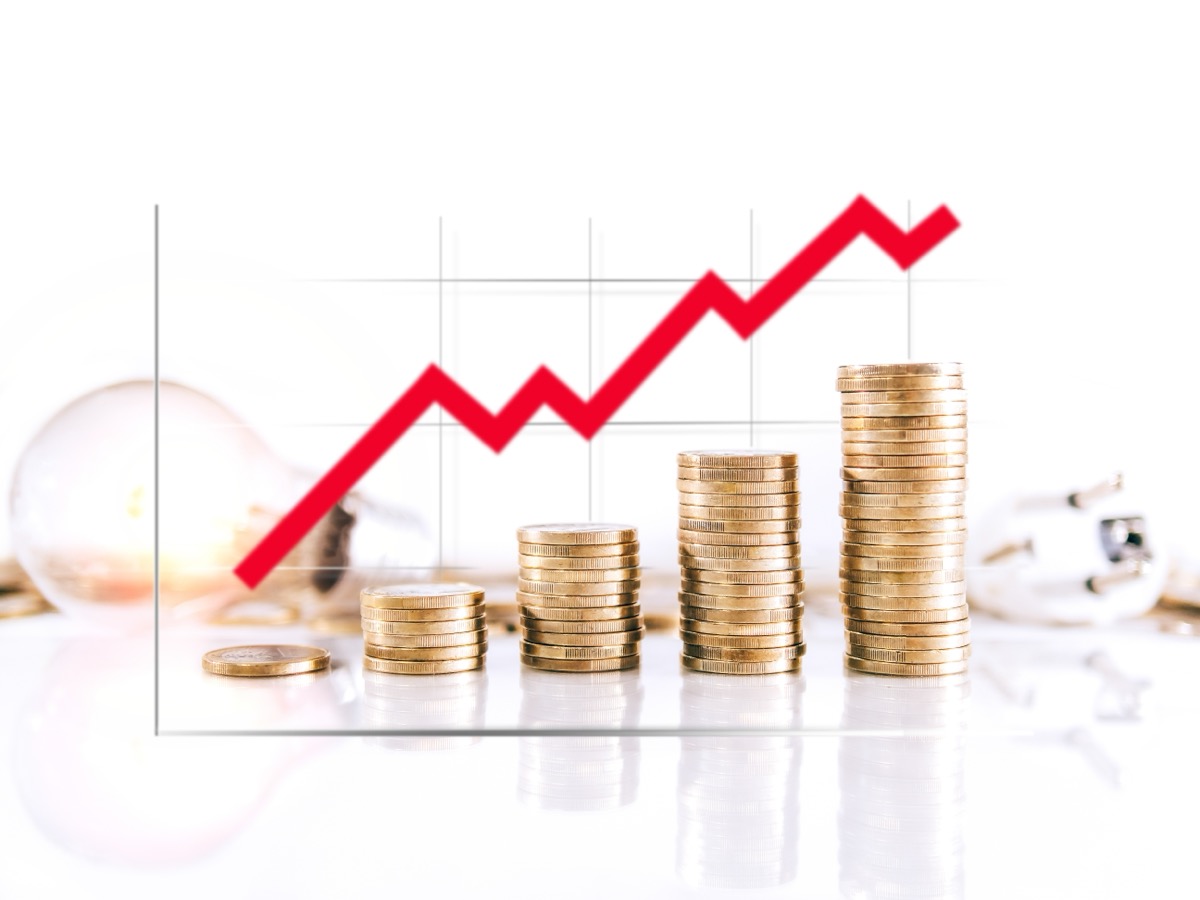
American businesses import a huge amount of inventory from China—it’s one of the reasons companies like Walmart can sell things so cheaply, comparatively speaking. From kitchen appliances like electric kettles to over-the-counter supplements, big-box retailers have long relied on imports to offer competitive pricing to customers. But what will happen when tariffs kick in and costs go up? Even if businesses are able to absorb the extra cost for a while, there’s no telling how long the situation could go on for. Here are seven retailers that might have to raise prices due to tariffs.
Walmart
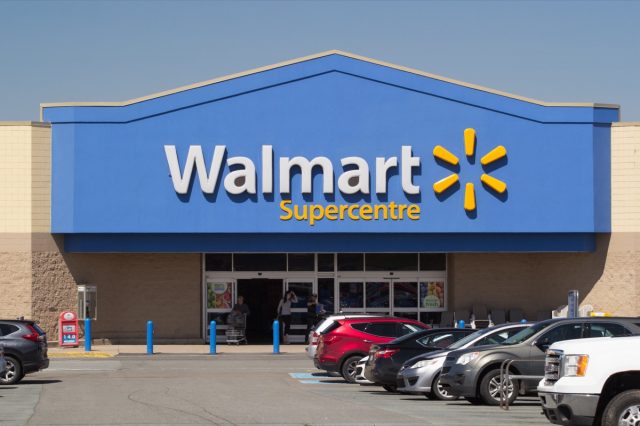
Walmart imports a vast amount of inventory from China, and also has an active presence in the country (over 330 stores). How the tariffs will impact pricing is still up in the air. “Our conversations with suppliers are all aimed at making our purpose a reality for millions of customers, and we will continue to work closely with them to find the best way forward during these uncertain times,” the company told CNN.
Costco
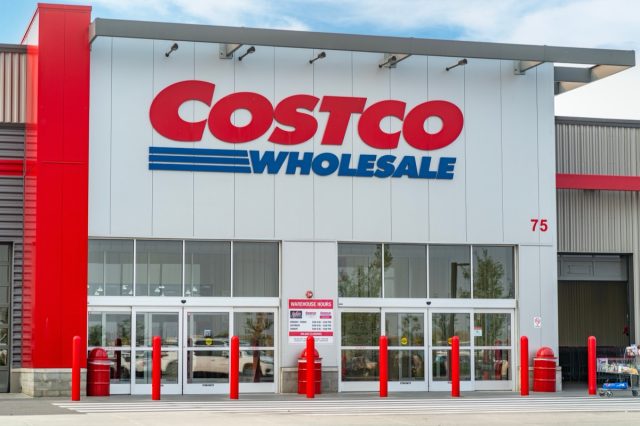
Costco also relies on Chinese imports to keep prices down, and is putting pressure on mainland suppliers to keep prices down, according to the Financial Times. CEO Gary Millerchip previously wanted about the impact of tariffs on prices. “I guess in context for us, the sort of the amount of business that’s affected, about a quarter of our business is nonfoods, and then a subset of that is imported,” he said in an earnings call.
Home Depot
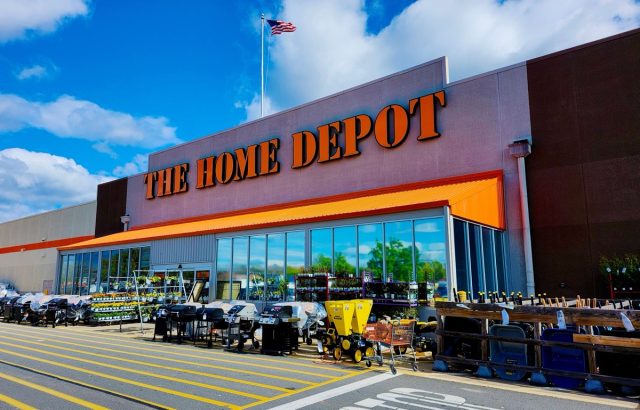
Home Depot sources over half of its goods from North America, the rest coming from China, India, Vietnam, and Europe. It’s unclear how much the chain will be impacted by high pricing, as the company has made changes to protect itself from the very situation it is now facing. “We know down to the SKU level the point of origin, the classification of the tariff, the potential impact. And from there we start working with our supplier partners to mitigate that tariff impact,” CEO Ted Decker said on a Q3 2019 earnings call.
Sam’s Club
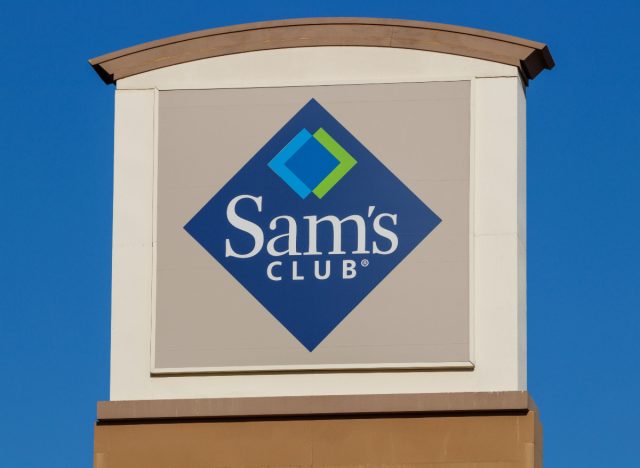
Sam’s Club is popular in China, and like its owner Walmart, may have no choice but to raise prices if Chinese suppliers don’t absorb the cost of tariffs, something China is pushing back against. “What this is signaling is that the Chinese government is saying, ‘We’re not going to pay for this tariff. US consumers are going to pay for it,” Thomas Hoenig, a fellow at the Mercatus Center at George Mason University and former president of the Federal Reserve Bank of Kansas City, told CNN.
BJ’s
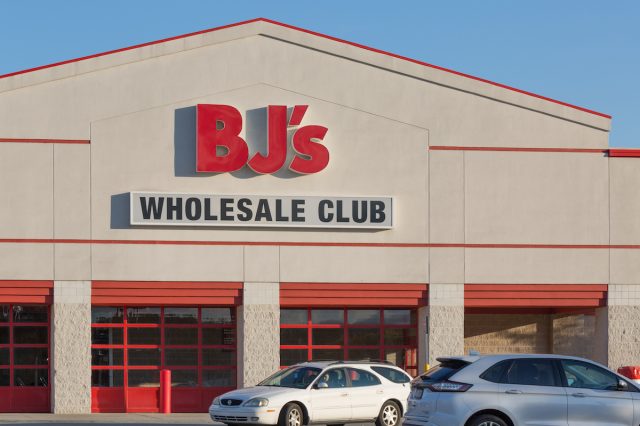
BJ’s imports 87% of its containers from China, and could be forced to raise prices. “Just when you think you’ve seen it all, something new happens—the first time a container goes overboard, a factory flooding out, the China tariffs—and then you get a pandemic! Some are big issues and others are not, and they may be things that just unexpectedly happen and there’s not much you can do except respond,” says Michelle Darling, BJ’s Director of International Transportation.
Target
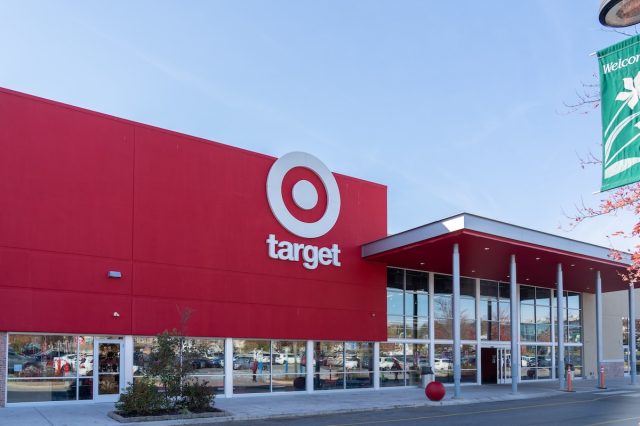
Target sources less from China than it used to, but will still be impacted by overall tariffs. “I think things are unfolding so quickly,” said CEO Brian Cornell, via The Hill. “We will watch this carefully and understand, are these long-term tariffs? Is this a short-term action? How will this unfold over time? I think all of us are speculating, and I think we’re going to listen and learn and make sure that we can control the things we can control. But we don’t want to overreact right now to one day and one headline.”
Best Buy
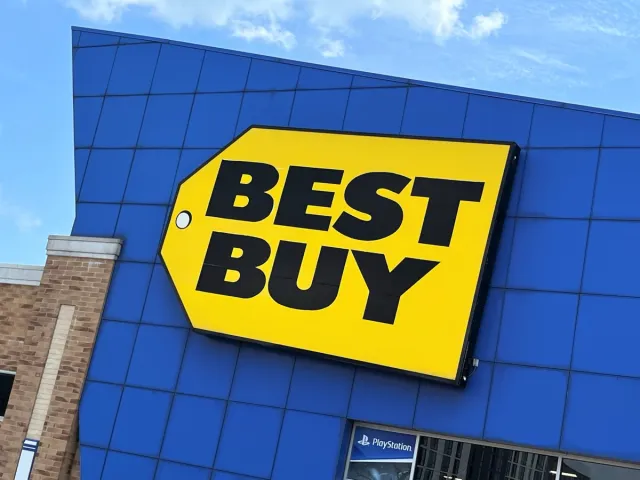
Best Buy relies heavily on imported products to keep prices low, which means customers may find themselves paying more at the chain. “There’s very little in the consumer-electronics space that is not imported,” CEO Corie Barry said, via Business Insider. “Almost everything is imported… We see that the customer ends up bearing some of the cost of the tariffs. For us, that’s the hardest part. These are goods that people need, and higher prices are not helpful.”